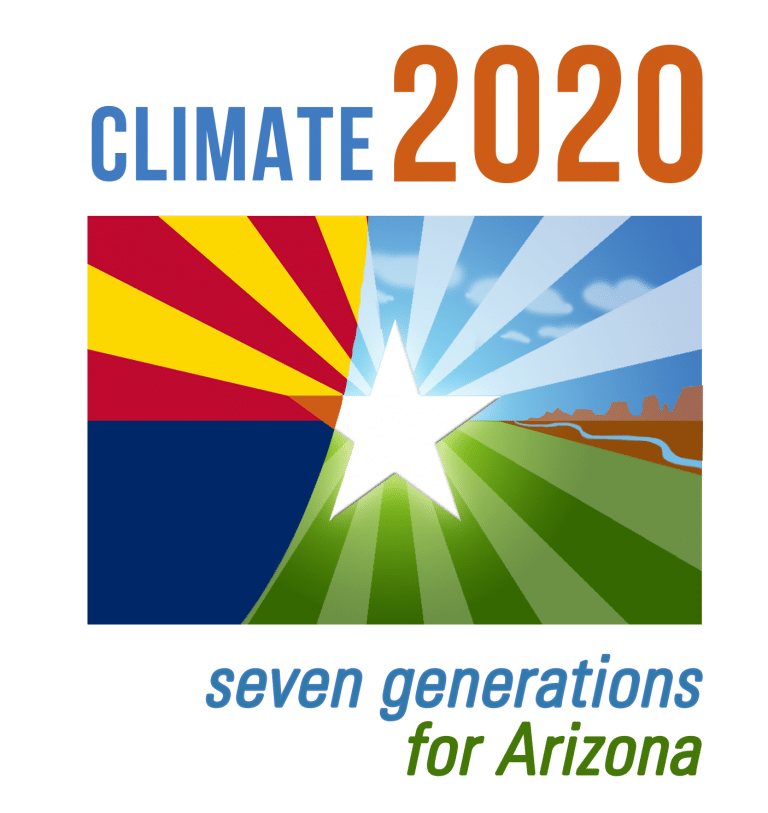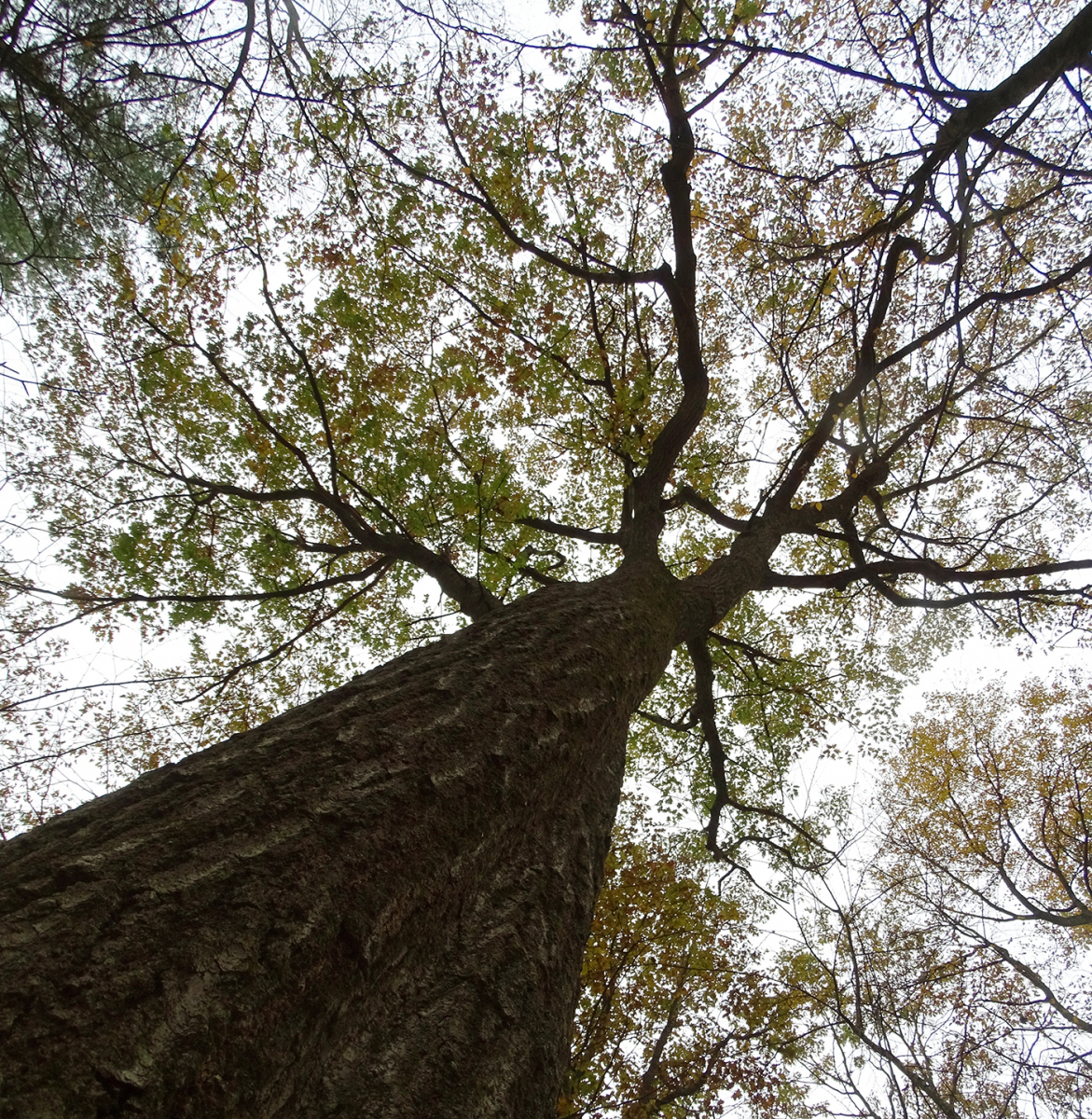Inclusion
Ecoss Statement on Diversity, Inclusion, and Community The Center for Ecosystem Science and Society (Ecoss) at NAU is committed to fostering an inclusive environment where all members feel valued and inspired to contribute to the Center’s success. We believe that a diverse and inclusive workplace leads to greater innovation and […]


